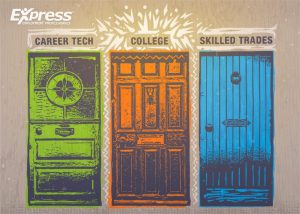As many job opportunities as there are ever-changing leaves
Fall is about to begin, and with the change in weather comes plenty of seasonal jobs. From pumpkin patches to holiday drivers, there’s something for everyone. Here are a few opportunities to consider.







